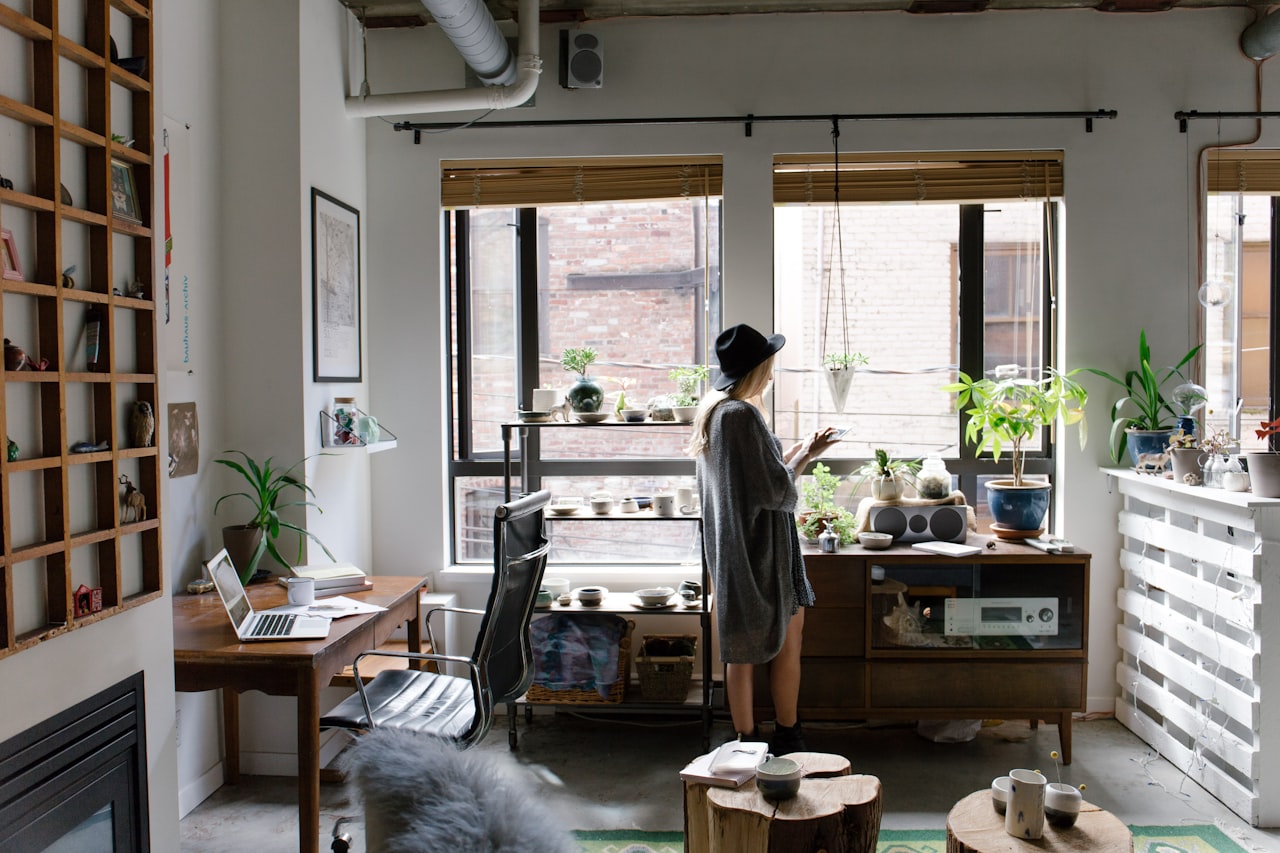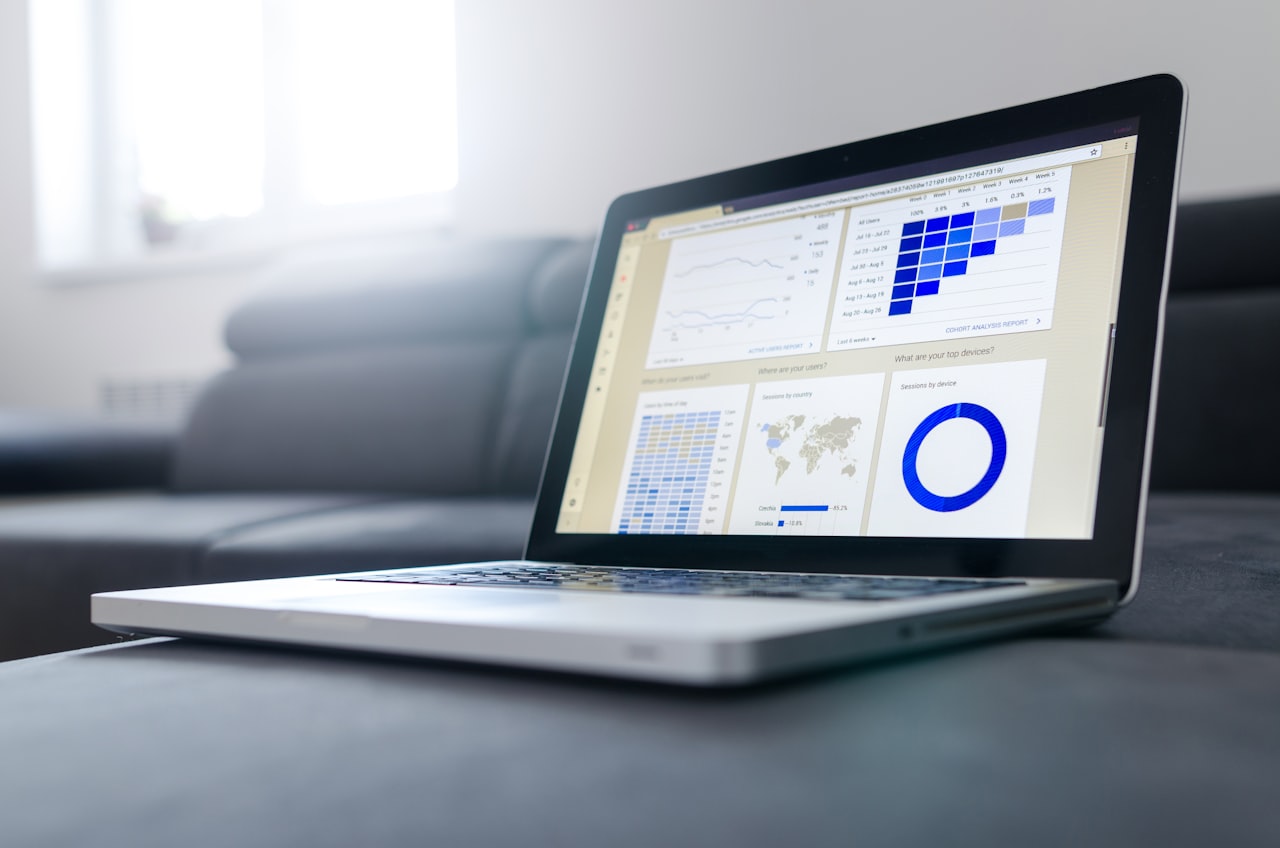Watch this content HERE
When you sell or buy an apartment in New York City, there are multiple taxes you have to pay at closing. In this post I want to focus on one that is key to buyers, especially in co-ops: the the flip tax.
What Is a Flip Tax?
Although it’s called a tax it is actually a fee: you pay it to the building, not the government, for the sale or transfer of an apartment. The origins of this “tax” are back when rental buildings were being converted into co-ops in the eighties. They didn’t have much of a reserve fund, so when buyers would get a good deal on these units and then flip them for a profit, the co-op would charge this fee. It would help them raise money for the building’s reserve funds to make capital changes without assessing the shareholders. Then it just spread to other co-ops and stuck as a way to generate revenue. You can find the flip tax or transfer fee (not to be confused with the real transfer tax to the government) in the building’s proprietary lease or bylaws.
How Much Is It on Average, and How Is It Calculated?
The flip tax is one of the largest closing costs for a seller. The grand majority of co-ops in New York City charge a flip tax, and the usual flip tax amount is 2% of the sales price, but some buildings have a flip tax that is as high as 5%! While this is the most common calculation, other ways exist to come up with the amount: it could be a fixed amount per share, a percentage of the owner’s capital gain, or it could even change the longer you hold on to the apartment. Each building decides for itself, and anything goes, as long as it’s in the original offering plan and has been approved by the building’s owners.
Who Pays It?
Usually, the seller pays the flip tax, unless the parties negotiated something different when they signed their contract. If the seller asks the buyer to pay it, that usually means the sales price will be lowered by 2% to cover the difference. There’s no way to avoid it if you want to close on your deal.
Is the Flip Tax Good or Bad?
You may ask yourself, there are no more co-op conversions, so why do we still need a flip tax? There are two answers: one, is to discourage flipping and avoid short-term ownership. The other is that it’s a source of revenue for the building that is already planned into its budget. While it may be annoying for a buyer to think they have to pay the building in order to sell their unit, the flip tax can be a positive thing too: the flip tax subsidizes everyone’s maintenance. Whatever income the building generates from the sale of various units per year saves money for owners who stay long-term.











































































